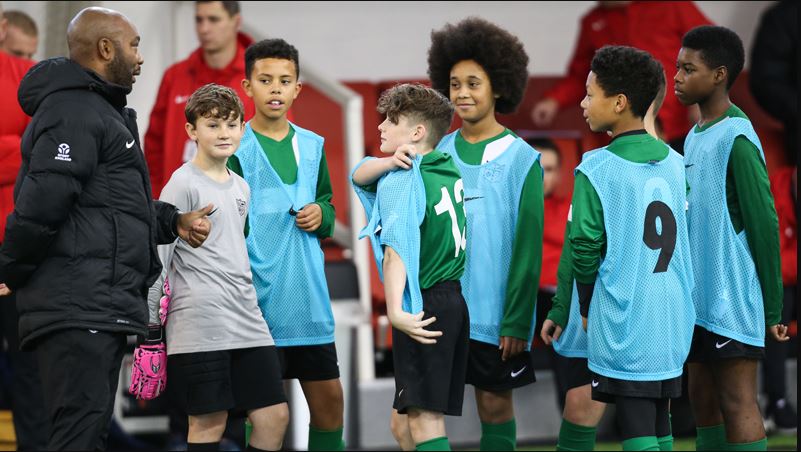Football is a global sport that is enjoyed by people of all backgrounds and abilities. However, like many other sports, football has not always been inclusive and has faced challenges around issues such as racism, homophobia, and discrimination. That’s why promoting diversity and inclusion in the game is so important.
One way that football is working to promote inclusion is through initiatives such as the “Kick It Out” campaign, which was launched in 1993 to tackle racism in football. The campaign works with players, clubs, and fans to promote equality and challenge discrimination, and has helped to raise awareness and bring about change in the game.
Another example of football and inclusion is the “Rainbow Laces” campaign, which was launched by UK gay rights charity Stonewall to promote LGBTQ+ inclusion in the sport. The campaign encourages players and clubs to show their support by wearing rainbow laces on their boots, and has been endorsed by the Premier League and other major football organizations.
In addition to initiatives like Kick It Out and Rainbow Laces, many clubs and organizations are also working to promote diversity and inclusion within their own ranks. For instance, the Premier League has introduced a “Rooney Rule” to encourage the hiring of more black, Asian, and minority ethnic (BAME) coaches and managers, and the English Football Association has launched a “Heads Up” campaign to promote mental health and wellbeing in the game.
Overall, football is taking important steps to promote diversity and inclusion in the game. Through initiatives like Kick It Out and Rainbow Laces, as well as efforts by clubs and organizations to promote diversity within their own ranks, football is working to create a more inclusive and welcoming environment for players and fans alike.
